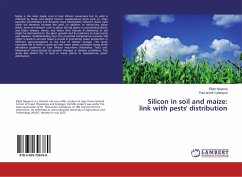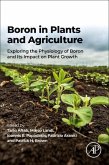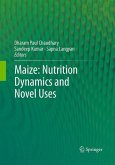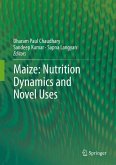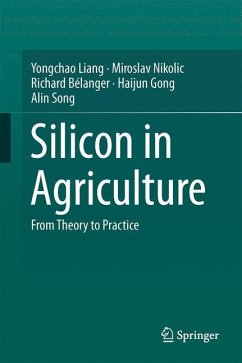Maize is the main staple crop in East African mountains but its yield is affected by biotic and abiotic factors. Lepidopteran pests such as, Chilo partellus (Crambidae) and Busseola fusca (Noctuidae) reduced maize yield while soil elements increase the yield. In addition to enhancing maize yields, some soil element such as silicon (Si) aid plants in overcoming abiotic and biotic stresses. Hence, any factor that induces Si deficiency in soil might be detrimental to the plant growth and its resistance to insect pests and diseases. Understanding how the projected temperature increase will affect Si levels in soil and maize is crucial in promoting maize production in different agro-ecosystems in the face of climate change. This study evaluated the Si levels in both soil and maize plants cultivated along three altitudinal gradients of East African mountains (Machakos, Taita and Kilimanjaro) characterized by graded changes in climatic conditions. The study also linked the Si level in maize plants to lepidopteran pests' distribution.
Bitte wählen Sie Ihr Anliegen aus.
Rechnungen
Retourenschein anfordern
Bestellstatus
Storno

